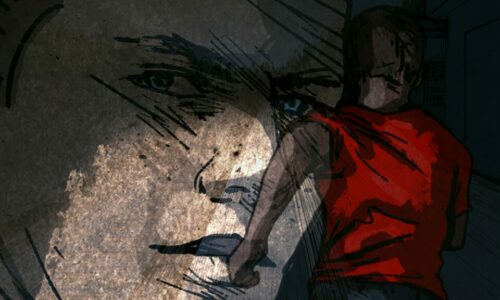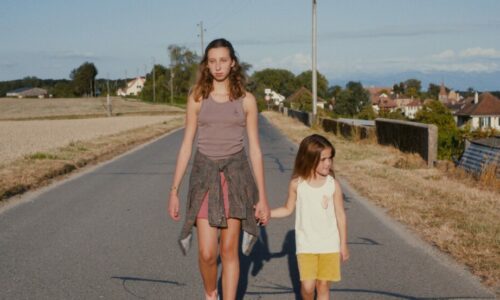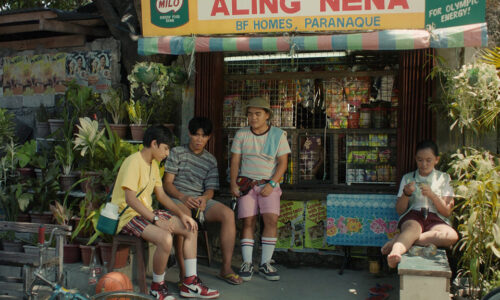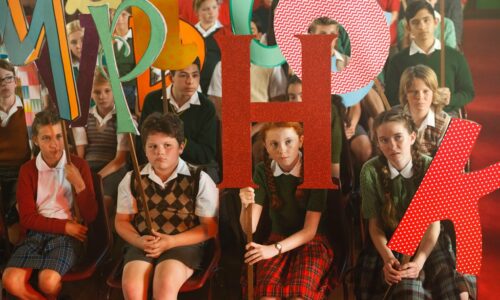Title: My Small Land
Kurds living in Japan, that seems almost surreal in a country where you probably expect and see more Asian people. What is everyday life in Germany (although unfortunately still not taken for granted), is something very exotic in Japan and that is not by chance, because to get a permanent residence here is like winning the lottery.
We get to know such a Kurdish community at the beginning. They dance, have fun and live their culture. In the middle of it all is the 17 year old girl Sarya (Lina Arashi), who has been living in Japan with her brother, sister and father since she was 5 years old with an ongoing asylum application. Her mother passed away in her home country before her father fled with his children. Living and honoring Kurdish culture is very important to her father. The Japanese food is rejected, before eating it is necessary to pray and be pure, they do not meet with other men to flirt and of course the right man for Sarya is already found.
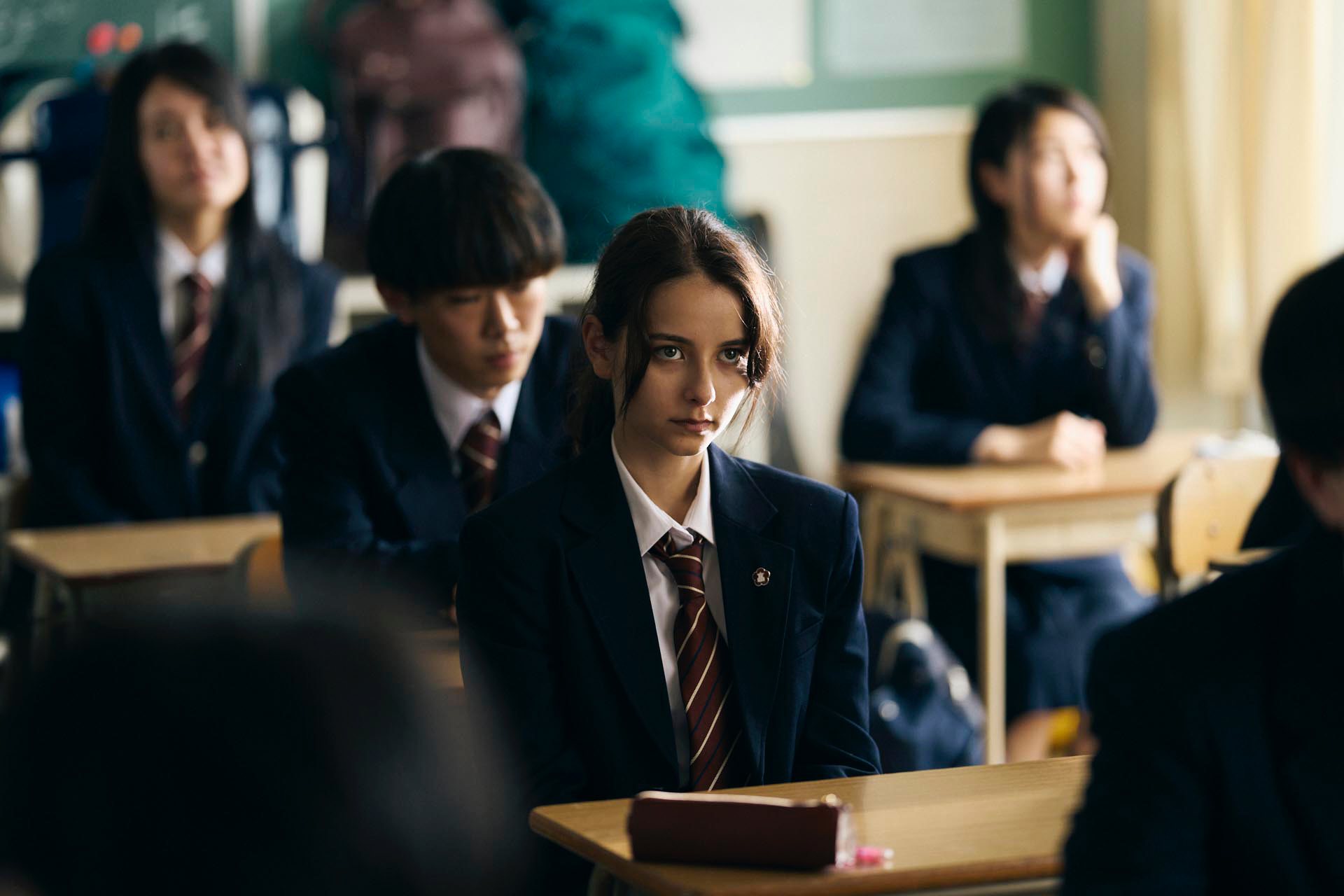
But the girl has lived in Japan for too long and has learned a lot from the Japanese culture, so that she rebels against her father again and again and has no problem to say her own opinion a little louder, even if in the end she usually submits to the strictness of her father again. In her life she has made friends with many different people, has built up her own network where she is always very helpful and welcome, which she also owes to her language talent, as she understands and speaks fluent Kurdish, Turkish and Japanese.
Her teachers praise her ambition, her classmates jokingly call her German, and she is always welcome at her job in a small supermarket. At the supermarket she also meets the nephew Sota (Daiken Okudaira) of the owner, who also helps in the store. She likes him very much and over time the two meet outside the store, where they spend more and more free time together and also become closer and closer. When Sota talks about his plans to go to Tokyo soon, she would love to come along, but she is not allowed to as she has to explain to Sota. This is not because of her father, but because Japan has revoked the family’s refugee status, and thus no one is allowed to travel through the country. Sota learns for the first time about such a situation in his country and is visibly shocked by it.

Then the two go to Sarya’s home, but the togetherness is quickly interrupted when her father shows up with his son. Of course, her father looks very skeptically at Sota, but Sarya already has a solution ready and disguises the visit as a school project and Sota would like to write a lecture about Kurds. With that they were able to convince the father and so Sota also gets to know the Kurdish cuisine.
Also on the following days the two spend time again and again and of course the excursions last also sometimes longer into the evening, which calls again the father on the plan the Sarya again clearly to the Kurdish values and rules reminds and he insists on the fact that she does not meet any longer with Sota. Of course, this causes a small rebellion that ends in her getting a slap in the face from her father, and the next morning she realizes that her bicycle is no longer in its place. Her father has taken it to the construction site where he works. Exactly on this building site now however also a drastic turn takes place for the family, because with a coincidental control by the police on the building site the father is taken in custody, since he worked by the deprivation of the refugee status now illegally, however somewhere he had to get money for his family.
From this point on, the pressure on the children grows enormously and the life of Sarya as the eldest child changes at an unstoppable pace. From now on they see their father only through a window for a few minutes and here it is not talked about unkindly that a deportation for the father would only mean that he would also be arrested in his home country, because he had demonstrated after soldiers burned down his house. From now on, the children have to fend for themselves, and Japan leaves them completely alone. Sarya also loses her job in the supermarket because of the deprivation, so that this source of money also dries up. The uncle of Sota puts even one on it and now also wants that Sarya breaks off contact with his nephew, because the family worries about him. Other people are also turning away from the girl and her college application is rejected, despite her good grades.
All signs indicate that the entire family will soon have to leave the country. A country in which three children have grown up and found their home.
Conclusion:
This film shows a completely different perspective on Japan and deals with a topic that is almost not present for Japanese people. But what’s really scary is that Japan, on balance, is hardly any different from our country in terms of the harsh regulations imposed on people living here in asylum. I remember well my research on the subject of church asylum during my training as an educator where I heard for the first time that this is usually the last chance for families to stay in Germany, but they are not allowed to leave the premises of the church because they are illegal in Germany. The state is not allowed to intervene in church law. Only the children have the right to go to school or kindergarten. And the topic around refugees has become even more present since a few years and it fills me with anger again and again, because I don’t understand what the problem is to integrate and accept people from other countries here. We should know better, because we also had refugees in our country who had sought protection from the war or simply wanted to stay alive. For this quite difficult topic, this film has the whole but very well prepared and factually presented.
Actors:
Lina Arashi (Sarya)
Daiken Okudaira (Sota)
Director:
Emma Kawawada
About the movie:
https://www.berlinale.de/en/programme/programme/detail.html?film_id=202214036
